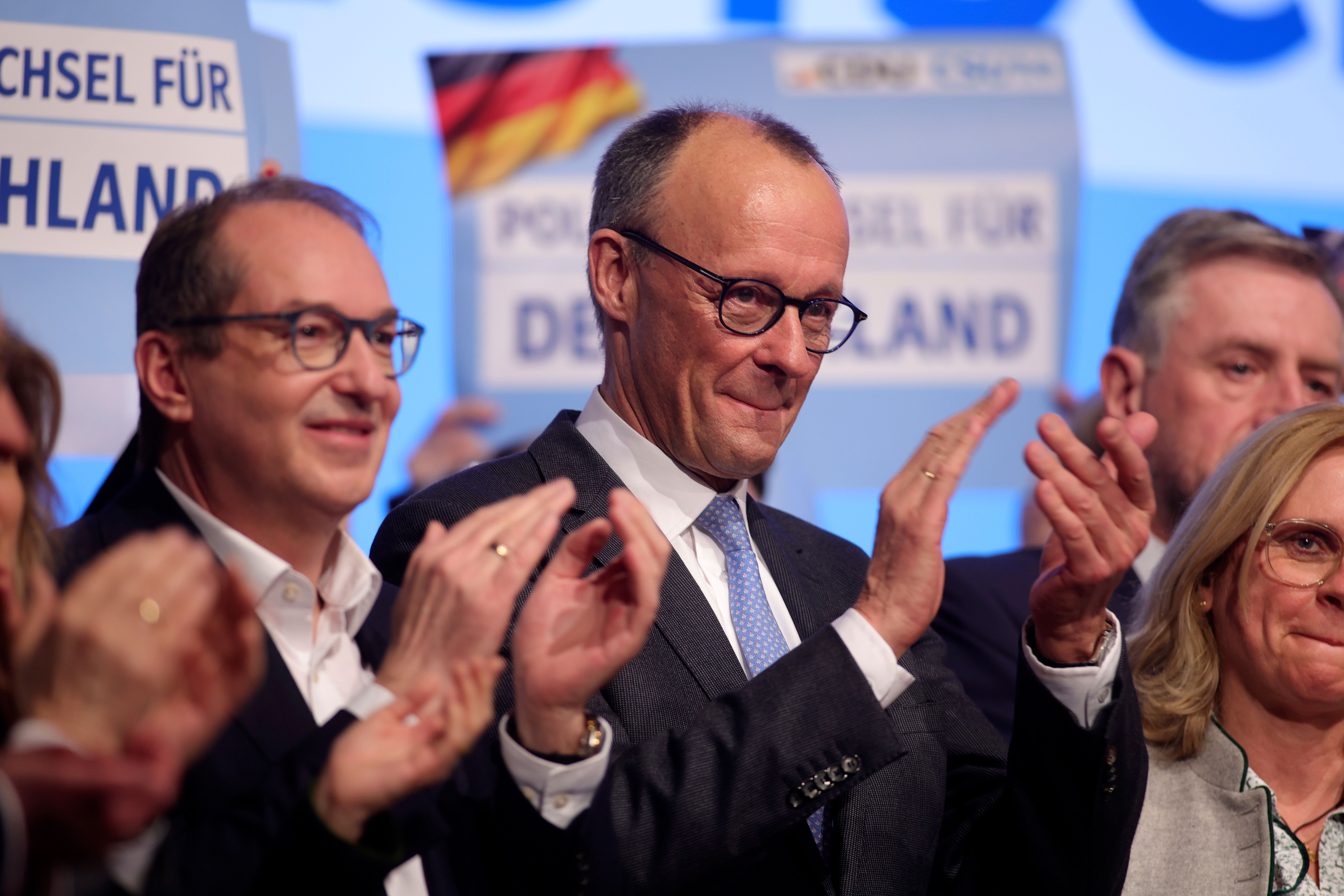
Germany’s Centre-Right Alliance (CDU/CSU) has secured the highest number of seats in the latest parliamentary election, reflecting a potential shift for the nation toward more favorable policies regarding innovation.
Friedrich Merz’s CDU/CSU captured 28.52% of the votes while the far-right Alternative for Germany (AfD) garnered 20.8%. The electoral process included a total of 733 seats in the German Bundestag, indicating that no party single-handedly secured a majority, thereby necessitating a coalition government formation.
Key Points:
- CDU/CSU leads in the parliamentary election.
- There’s an emergence of a more innovation-centric political atmosphere, as suggested by Mark Foster, the European Union policy lead at the Crypto Council for Innovation.
“I don’t anticipate any drastic overnight changes in terms of digital assets policy or the digital euro from the previous to the new government. However, a newfound openness regarding how these innovations might enhance Germany’s and Europe’s economic competitiveness is likely,” Foster stated.
Germany’s recent elections have had minimal impact on the cryptocurrency landscape. The country, being the European Union’s largest economy, called for early elections following the collapse of the ruling coalition in November that included the Social Democrats (SDP), Free Democrats (FDP), and Greens.
Despite delays in enacting the EU’s tailored Markets in Crypto Assets regulations, Germany has managed to process several MiCA licenses recently. Looking ahead, the newly elected parliament members must soon choose the country’s next chancellor and lead the federal government.


